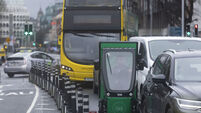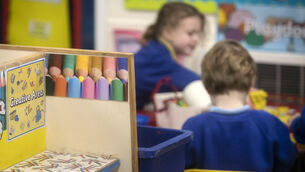Irish Travellers still fighting to be equal citizens in a more inclusive Ireland

MISSIE COLLINS is the type of woman who’d have given Margaret Thatcher a decent run for her money.
Missie is a matriarch, she’s utterly formidable and she’d be welcomed on to any committee, the length and breadth of this country. But she’s not.













